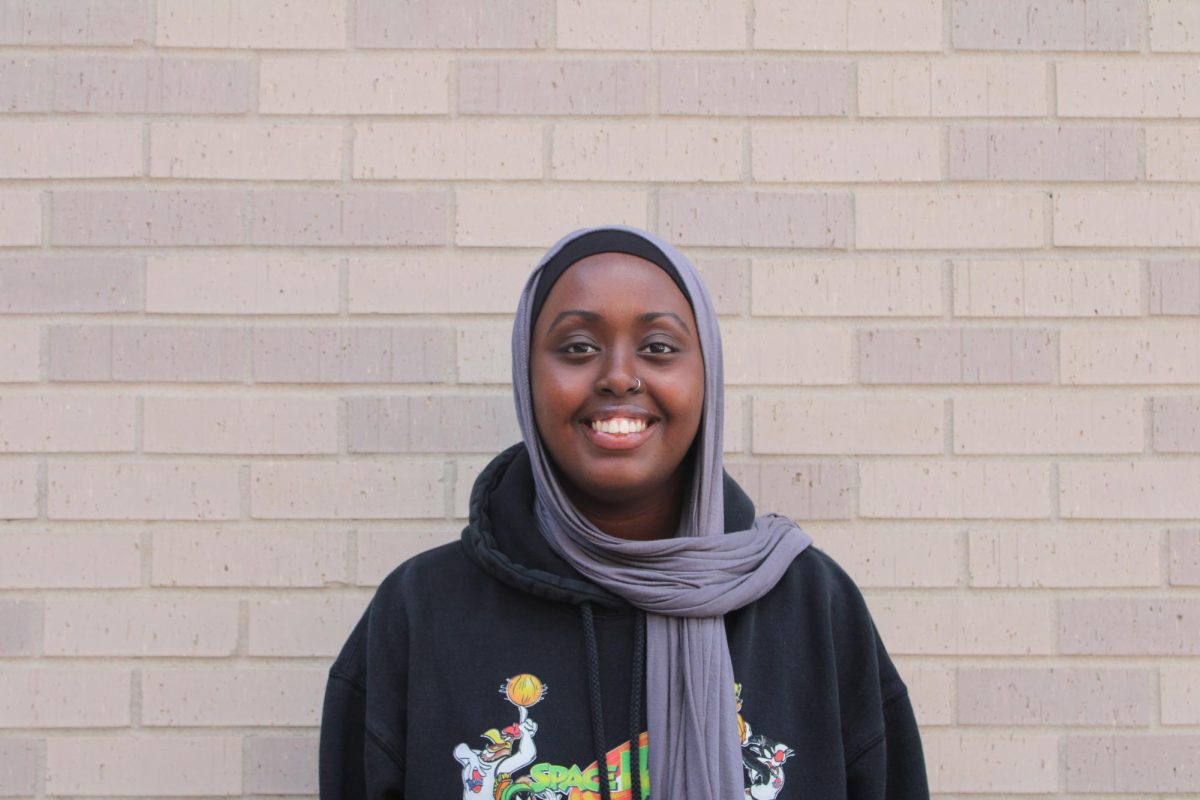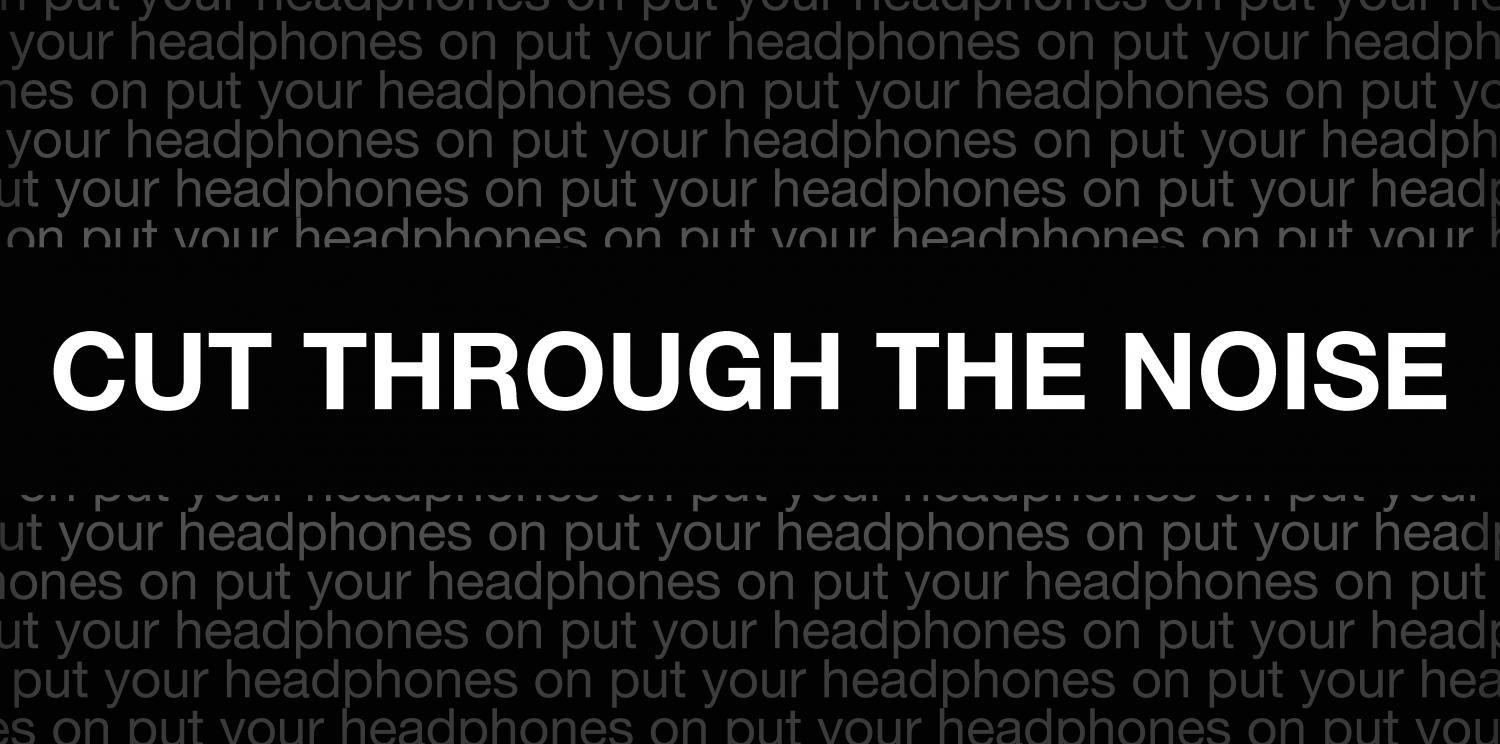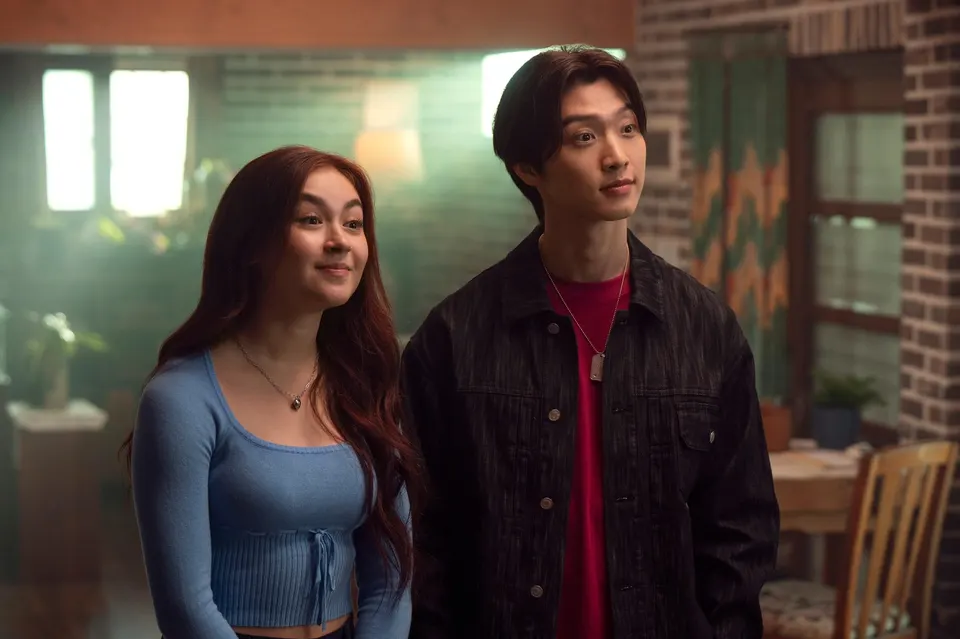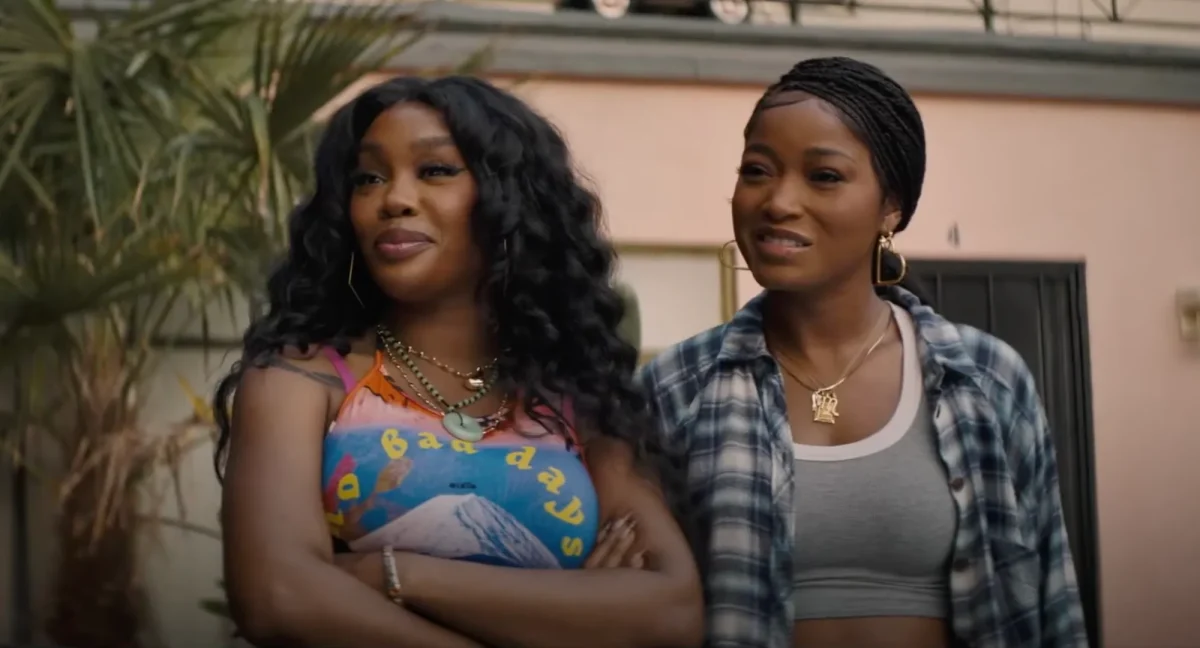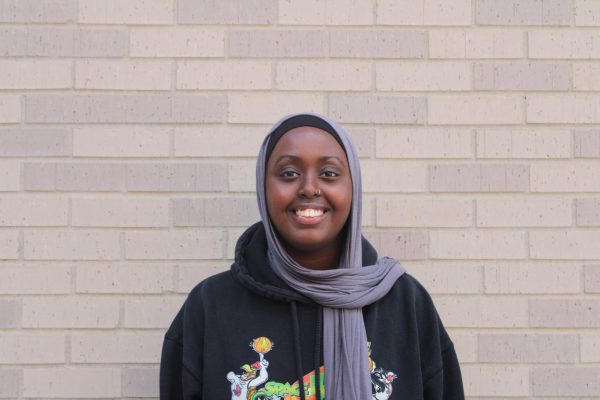Have you ever found yourself scrolling through social media and having your feed be flooded with posts about skincare, weight loss or fitness journeys? These topics have become incredibly common across platforms like TikTok and YouTube, where influencers share their “24-hour glow-up” processes or advertise unnecessary cosmetic procedures. At first, “glow-up” culture might seem like a harmless or even inspiring way to encourage self-improvement. But when you take a closer look, it reveals a crippling obsession with appearance that affects the youth in extreme ways.
The term “glow-up” refers to a significant transformation in someone’s physical appearance, usually considered as a form of personal growth. Whether it’s losing weight, gaining weight, changing hairstyles or updating wardrobes, the goal of a glow-up is to fit society’s ever so changing beauty standards. These standards are heavily promoted on social media, creating a toxic cycle of self-comparison, dissatisfaction and the need to alter yourself to fit what others want you to look like.
We see this surge of glow-up trends constantly online and in our media. Think back to Musical.ly and Vine, the apps’ users would record two parts to a video. The first part is them in an unattractive state. They would draw pimples, unibrows and blackout their teeth. The second part is a “glowed-up” version of them where they’re all dolled up and in their best clothes. As a young and impressionable child, my thoughts would be that we all eventually have a glow-up, right?
The most popular version of a “glow-up” today would have to be the 75-hard challenge. The challenge was started by Andy Frisella and consists of following a strict meal plan, two 45-minute workouts, with one having to be outside, drinking a gallon of water per day, reading 10 pages of a nonfiction book and taking progress pictures. This challenge is well documented by content creators and turned into series online for fans to watch. When I was first introduced to this trend, I started to think about why this is being heavily pushed out. I mean every video I was watching had some component to this 75-hard challenge, but why?
Most of these glow-up trends center physical change. Whether it is following Daisy Keech’s workout routine or eating like Bella Hadid, these trends focus on a certain type of look. We never think about the extreme aspects of these glow-up trends until it is too late. Until just looking to lose a few pounds turns into skipping meals. Or until just going on a walk turns into staying in the gym for hours on end. Until you change yourself not for you, but for what society wants you to be.
While self-improvement is valuable, it should stem from a desire to grow, not from societal pressures or the need to prove worth to others. It’s time to shift the narrative on social media to emphasize self-acceptance, mental health and celebrating uniquity in all its forms. A real glow-up comes from within, not from conforming to constantly changing beauty trends.



